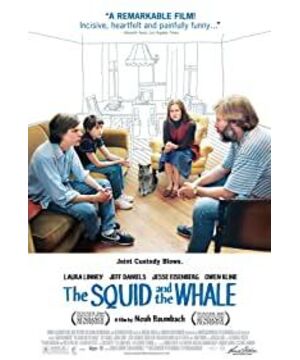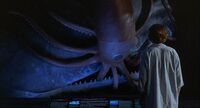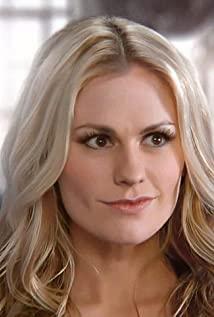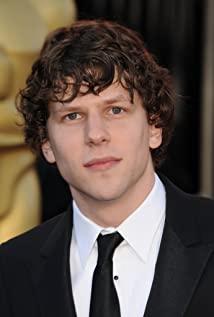Walter told the psychologist that his happiest childhood memory was when his mother left a party with him when he was 6 years old and went home to watch his favorite movie. On the way they came to the museum, he didn't dare to look at the huge specimen of squid and whale fighting, and kept covering his eyes. When he got home, his mother recounted the scene for him, and he felt it was lifelike.
At the end of the film, Walter leaves his intellectual father, still alone in his hospital bed, and walks across the street to the museum alone. In the dark and deserted halls of the museum, he just watched the squid and whales fighting in the frozen time.
I feel that I have always lacked the ability to frame my works. All thinking is like a jumble of threads, remembering only small fragments like broken quartz.
1) The youngest son Frank in the film is my favorite character. The actor is very young, and he interprets the precocious teenager who was changed by the family breakdown very well. There are several scenes of him drinking beer naked in front of the mirror. In the mirror, he has a gloomy look that does not match his age. I'm wondering if he hates him growing up too slowly?
2) Their father Bernard. A non-famous literary and artistic old angry young man whose marriage failed. The standard for evaluating a person is always limited to whether he or she is consistent with his or her own tastes. As a result, his son lost his ability to position himself, and he was indecisive and indecisive.
3) The object selection problem of their mother's affair. From the neighbors, to the father of the eldest son's classmates, to the tennis coach of the younger son. Obviously they are not artists. This can't help but remind me of the 2009 project written by my friend who works in Beijing. He said, to deal less with literary youth. When I still called myself a literary youth, I despised this. Now, I think I should learn from him and be a practical layman. A humanities and arts are not literary and arts, and they have nothing to do with moral conduct.
4) Finally, I think this film is about the dissolution of patriarchy in the family. At first, Walter accused his mother, who was in the opposite situation, of being a "bitch who forgets his own interests" because of his father's double disappointment in his father's relationship and career after the divorce. At this time, he believed that patriarchy was supreme. Later, in the family, two children had serious problems respectively. Walter was contacted by his parents for plagiarizing works in an inter-school performance, and his mother asked him to see a psychiatrist. Only then did he realize that his subconscious blind worship of his father had led to prejudice against his mother. In the end, the farce of the dispute between the four at Joan's home ended with Bernard being sent to the hospital due to an acute illness. It's safe to assume that Walter has finally broken away from his father's blind worship and wants to be himself again.
View more about The Squid and the Whale reviews











